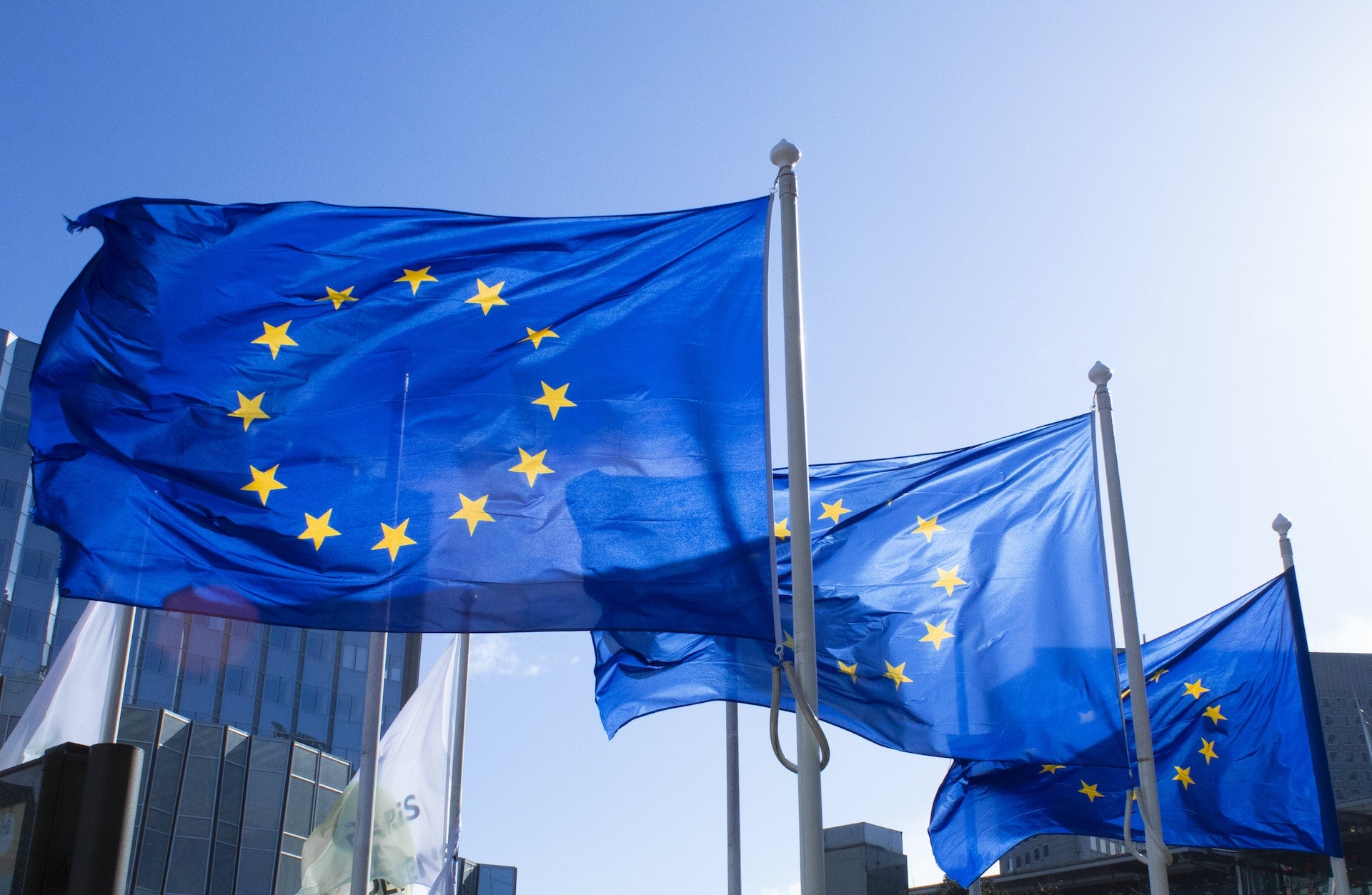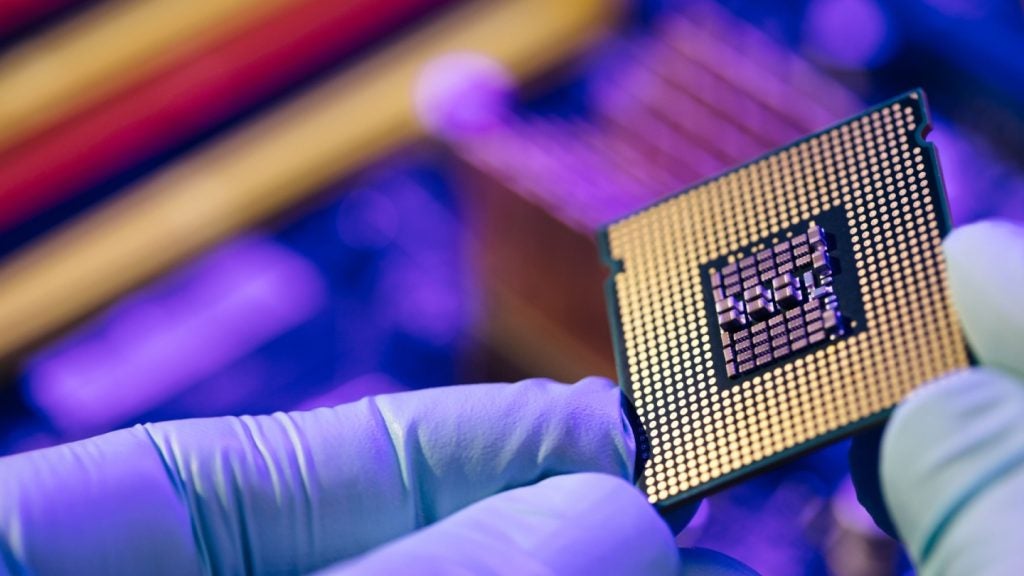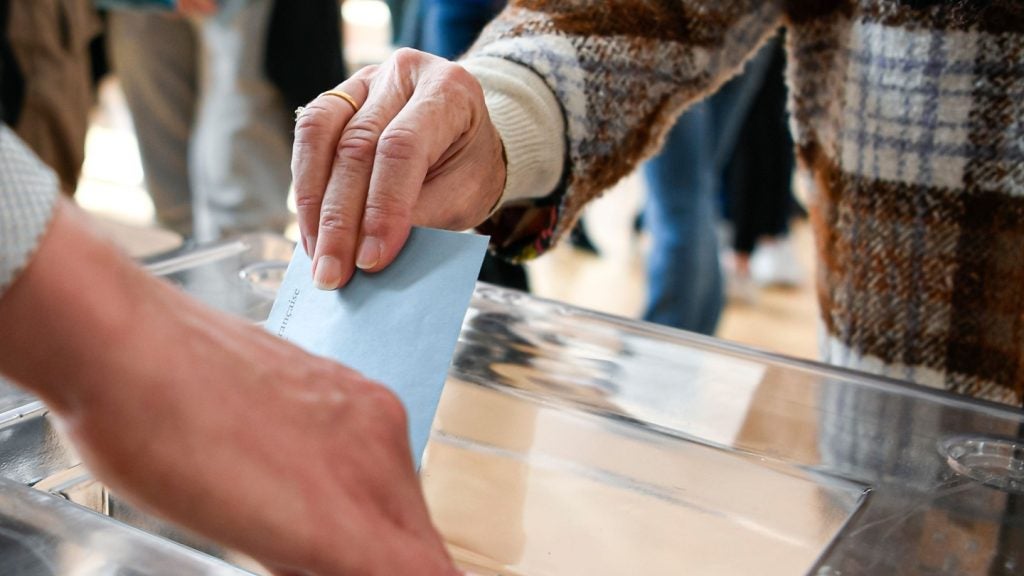
European Union (EU) regulators have proposed new regulations for generative artificial intelligence companies, reported Reuters.
The proposed regulations form part the AI Act, which the bloc started drafting around two years ago to regulate AI technologies such as OpenAI’s ChatGPT.
European Parliament members have agreed to move the draft to the trilogue level.
At this stage, the final aspects of the bill will be discussed and agreed upon by the EU’s lawmakers and member states.
The proposed rules seek to classify AI tools based on the level of risk they pose, ranging from minimal to unacceptable.
This categorisation will factor in potential concerns such as biometric surveillance, dissemination of misinformation, and use of discriminatory language.
How well do you really know your competitors?
Access the most comprehensive Company Profiles on the market, powered by GlobalData. Save hours of research. Gain competitive edge.

Thank you!
Your download email will arrive shortly
Not ready to buy yet? Download a free sample
We are confident about the unique quality of our Company Profiles. However, we want you to make the most beneficial decision for your business, so we offer a free sample that you can download by submitting the below form
By GlobalDataHigh-risk tools are unlikely to be banned but those who use them will need to be extremely open about their business practices.
Additionally, entities using generative AI tools, such as ChatGPT or the Midjourney picture generator, will be required to disclose any copyrighted materials used in the development of their systems.
According to a person with knowledge of the discussions, this clause was added at the last minute and prepared during the last two weeks.
The source added that several committee members originally suggested an outright ban on the use of copyrighted content to train generative AI models, but this idea was dropped in favour of a transparency requirement.
European Parliament deputy Svenja Hahn said: “Against conservative wishes for more surveillance and leftist fantasies of over-regulation, parliament found a solid compromise that would regulate AI proportionately, protect citizens’ rights, as well as foster innovation and boost the economy.”







